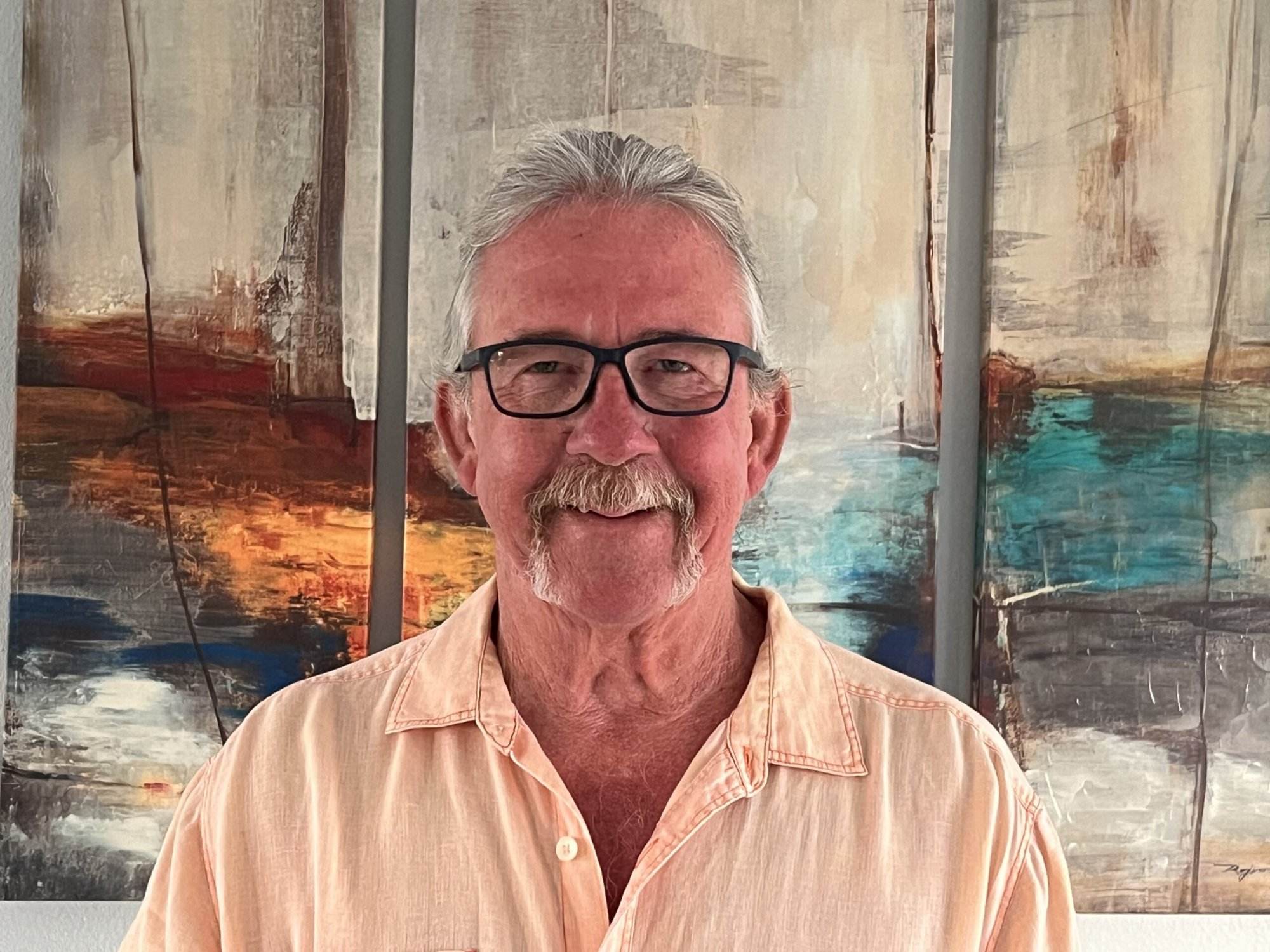Recently, someone said to me “My plate is overloaded with stress.” Frequently, I hear statements like, “I am so stressed out” and “I am stressed to the max” and “I can’t handle another thing.” The other day I heard something new and different from a young adult who was feeling stressed when he said “I am burnt out.” Everyone experiences stress. Life happens. The promising news is that stress and anxiety are not the same thing. In fact, we can be anxious even without an external stressor. Also, we canexperience stressors without feeling the least bit anxious. How can this be?
How we perceive the stressors in our lives contributes significantly to our level of anxiety. Essentially, anxiety is a fear of what might happen in the future. Unfortunately, the more intense we perceive our anxiety to be and the longer we feel anxious the more vulnerable we become to disease. Chronic anxiety has a negative impact upon biological factors such as aging, immune markers, depression, infectious disease, weight gain, and cardiovascular issues to name a few. Perception is key.
Dr. Judson Brewer, a psychiatrist and an associate professor for the School of Medicine at Brown University reported that about 20% of people suffering from anxiety have a significant reduction in symptoms of anxiety with the use anti-anxiety medications. It is wonderful that the quality of life can be significantly improved with medication in the lives of some people who suffer from anxiety. What about the other 80% of people who struggle with the debilitating effects of anxiety? Dr. Brewer’s research discovered that approximately 50% of people who suffer with anxiety can have a significant reduction inanxiety symptoms with awareness or a mindful approach.
A mindful approach involves becoming aware of your physiological symptoms along with your thoughts and emotions. Become present with what you are experiencing. Be a witness or an observer to the experience. You might find it helpful to take note of your physical symptoms, what you are feeling and what you are thinking. Don’t judge the experience. Don’t try to push the experience away or shut it out. Acknowledge it and know that you are more than the experience. This helps you put space between you and what you are experiencing. Be patient with this approach and you will be rewarded with a less anxious life.
There are other non-pharmacological ways to manage anxietythat might be helpful for those who struggle with a mindfulness approach. Breathwork exercises, various forms of meditation, cognitive-behavioral therapy, yoga, exercise, nature therapy, and more. There are times when we need conventional intervention.But don’t underestimate the power of self-healing. You are a magnificent creation.






